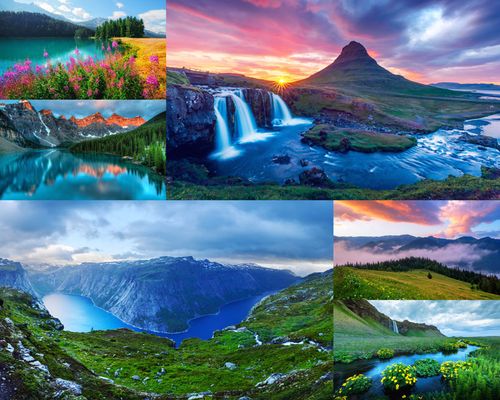The intersection of identity and diversity is a complex and often contentious topic. At its core, this intersection refers to the ways in which our various identities intersect with experiences of difference and diversity.
Identity is inherently multi-faceted, encompassing aspects such as race, gender, sexuality, socioeconomic status, religion, and much more. Each of these identities carries its own unique histories, meanings, and experiences of oppression or privilege.
Diversity, on the other hand, refers to the recognition and embrace of these differences. It acknowledges that each individual brings their own unique perspectives, experiences, and identities to the table, and creates space for these differences to be celebrated and valued.
At the intersection of identity and diversity, we are forced to confront the ways in which our identities both empower and constrain us in relation to difference. For example, a white woman may experience sexism as a woman, but also benefit from white privilege. A queer person of color may face racism, homophobia, and transphobia all at once.
Navigating this intersection requires a deep awareness of the ways in which our various identities intersect and interact with systems of power and privilege. It also requires a commitment to ongoing learning, growth, and humility.
Ultimately, the intersection of identity and diversity challenges us to question our assumptions, beliefs, and biases. It prompts us to recognize that embracing diversity is not just a matter of surface-level tolerance or inclusion, but of fundamental transformation and deep structural change. Only by embracing this intersection can we create truly equitable and just communities for all people.
(Note: Do you have knowledge or insights to share? Unlock new opportunities and expand your reach by joining our authors team. Click Registration to join us and share your expertise with our readers.)
Speech tips:
Please note that any statements involving politics will not be approved.
